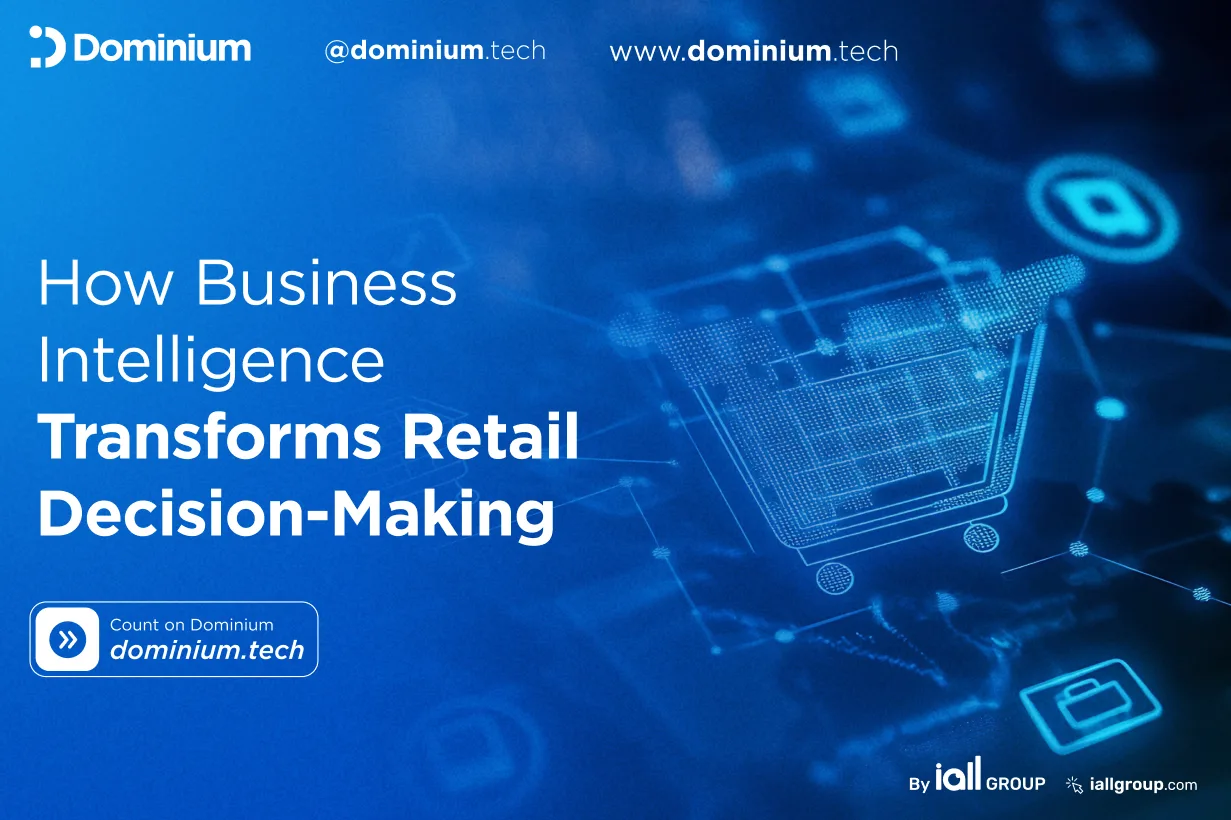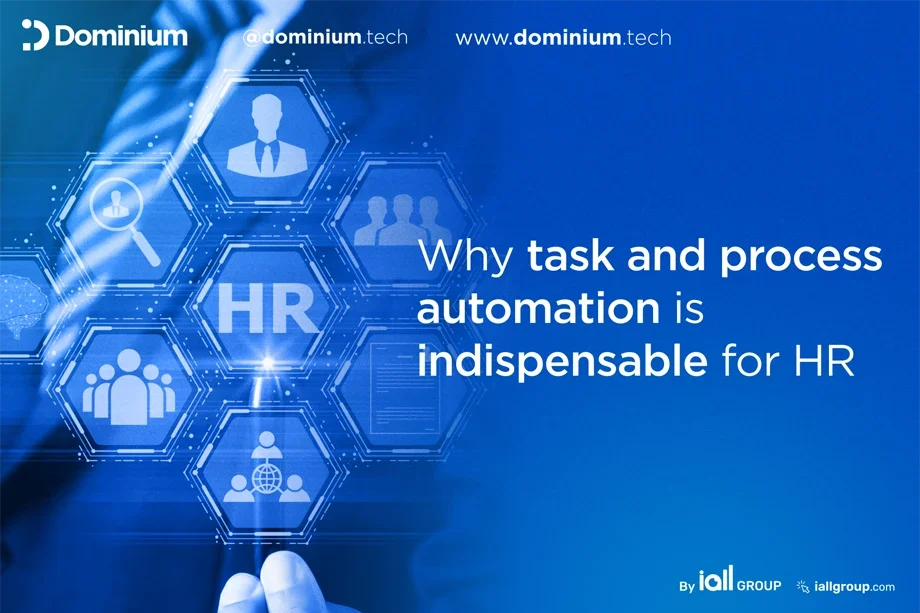In the dynamic retail industry, the ability to make data-driven decisions is more important than ever. Business Intelligence (BI) provides retailers with the tools to analyze vast amounts of data, allowing for smarter, faster decisions. In Florida’s competitive retail market, companies that effectively utilize BI gain an edge over competitors by understanding customer behavior, optimizing inventory management, and improving overall operational efficiency. This article explores how BI is transforming the retail sector.
1. Understanding Customer Behavior
One of the biggest advantages of BI in retail is its ability to offer deep insights into customer behavior. Florida’s diverse population creates unique purchasing patterns that vary across regions, demographics, and seasons. By using BI, retailers can analyze customer data to understand trends, preferences, and shopping habits. This helps retailers create targeted marketing campaigns, design personalized promotions, and improve customer satisfaction.
For example, a retailer may notice that a specific product sells better in Miami than in Orlando. With BI, they can break down this data further to identify which customer segments are driving the sales and adjust their strategies accordingly.
2. Optimizing Inventory Management
Effective inventory management is critical for retailers in Florida, especially with the state’s high tourist influx. Stocking too much inventory can lead to high costs, while too little can result in lost sales. BI tools help retailers balance this delicate equation by predicting demand based on historical data, current sales trends, and market conditions.
Using predictive analytics, BI systems can forecast which products will be in high demand, helping businesses maintain optimal stock levels. Retailers in Florida can also monitor supply chain disruptions, such as hurricanes, to ensure they have the right inventory to meet customer needs.
3. Improving Operational Efficiency
In retail, operational efficiency directly impacts profitability. BI solutions allow Florida retailers to streamline operations by identifying inefficiencies and bottlenecks. For example, through data visualization tools, businesses can analyze sales data to determine which stores or departments are underperforming and why.
By identifying slow-moving products, ineffective marketing strategies, or labor shortages, BI enables retailers to implement corrective measures swiftly. This not only improves productivity but also boosts the bottom line.
4. Real-Time Decision-Making
Real-time decision-making is crucial in today’s fast-paced retail environment. BI systems offer Florida retailers the ability to access up-to-the-minute data, allowing for quick responses to market changes. Whether it’s adjusting pricing strategies or responding to competitor promotions, real-time data ensures that businesses remain agile and competitive.
Retailers can monitor sales as they happen, track customer interactions, and adjust strategies on the fly. This is particularly useful during peak seasons or special events when consumer behavior can shift rapidly.
5. Data-Driven Marketing Strategies
With the rise of e-commerce and digital marketing, Florida retailers must adopt data-driven marketing strategies to reach their customers effectively. BI tools help retailers analyze online and offline data to understand which marketing channels are driving the most traffic and sales.
For instance, if social media ads are performing better than email marketing, BI can provide actionable insights that allow retailers to allocate resources to the right channels. By fine-tuning their marketing efforts based on data, retailers can increase their return on investment (ROI) and grow their customer base.
6. Enhancing Customer Experience
Customer experience is a key differentiator in the retail industry, and BI plays a vital role in enhancing it. By analyzing data from customer feedback, purchase history, and online behavior, retailers in Florida can identify pain points in the customer journey and improve their offerings accordingly.
Whether it’s optimizing store layouts, improving customer service, or offering personalized recommendations, BI allows retailers to create a seamless shopping experience. This leads to higher customer satisfaction, increased loyalty, and ultimately, better sales.
Conclusion
Business Intelligence is transforming the retail landscape by enabling Florida retailers to make smarter, data-driven decisions. From understanding customer behavior to optimizing inventory and improving operational efficiency, BI empowers retailers to stay ahead of the competition. By leveraging real-time data and predictive analytics, retailers can enhance their marketing strategies, streamline operations, and provide a superior customer experience. In a competitive and ever-evolving market like Florida, BI is no longer a luxury—it’s a necessity.



